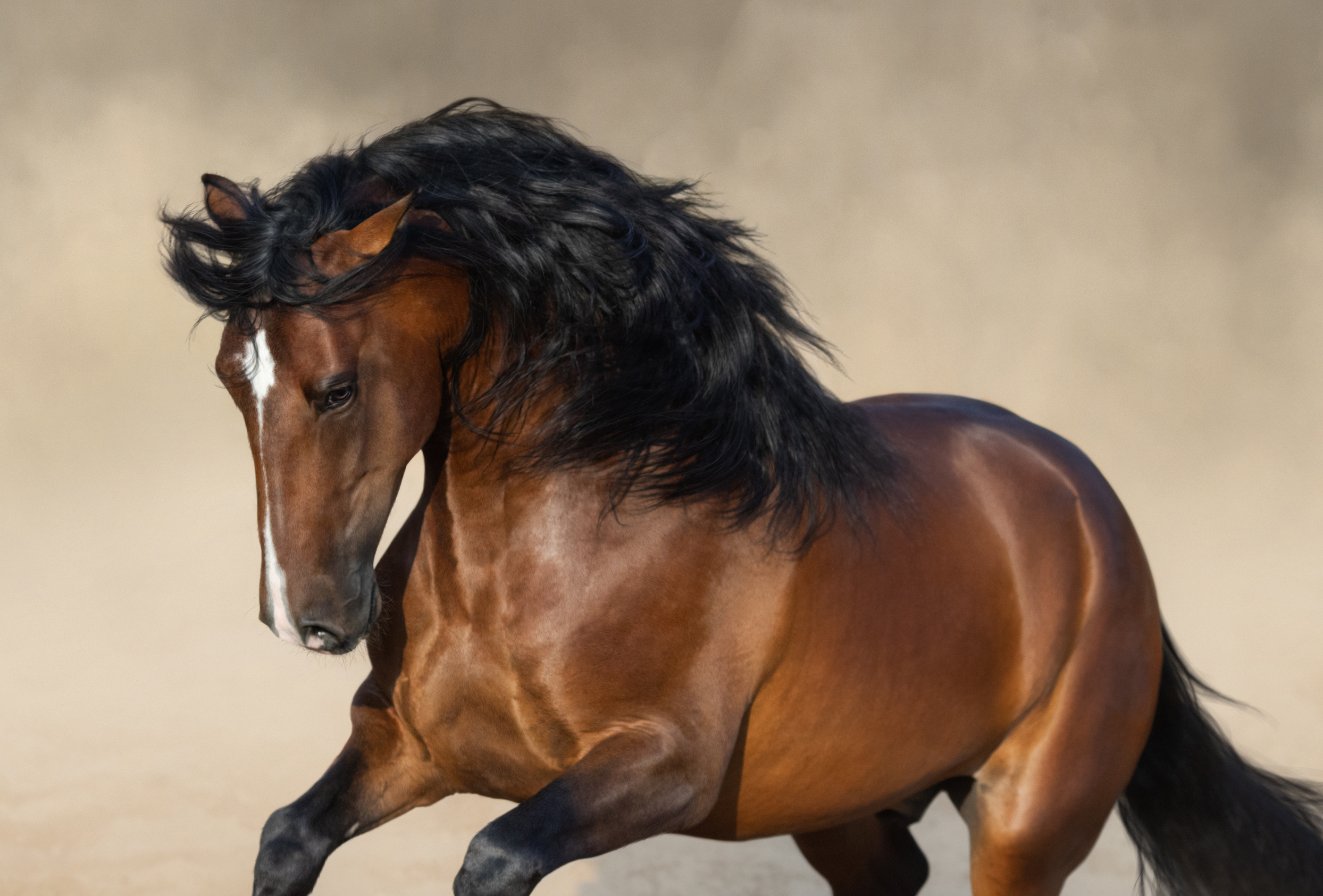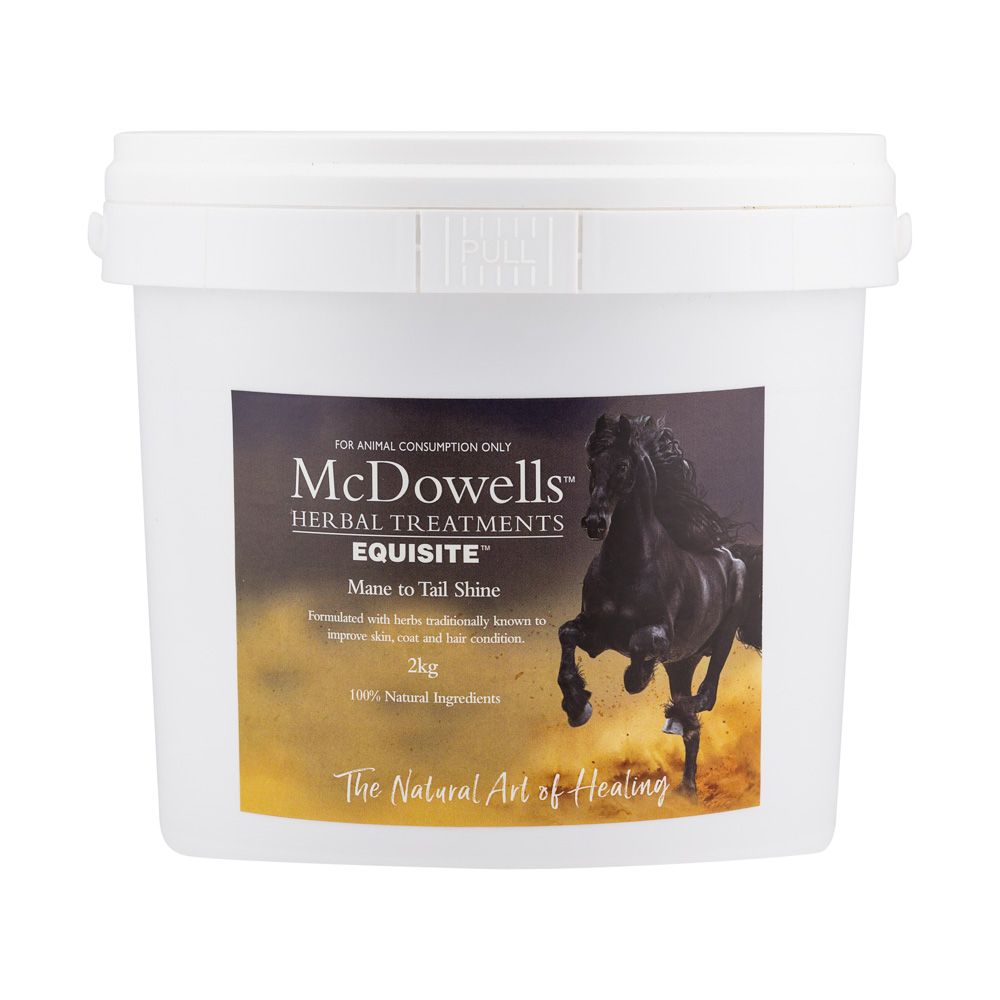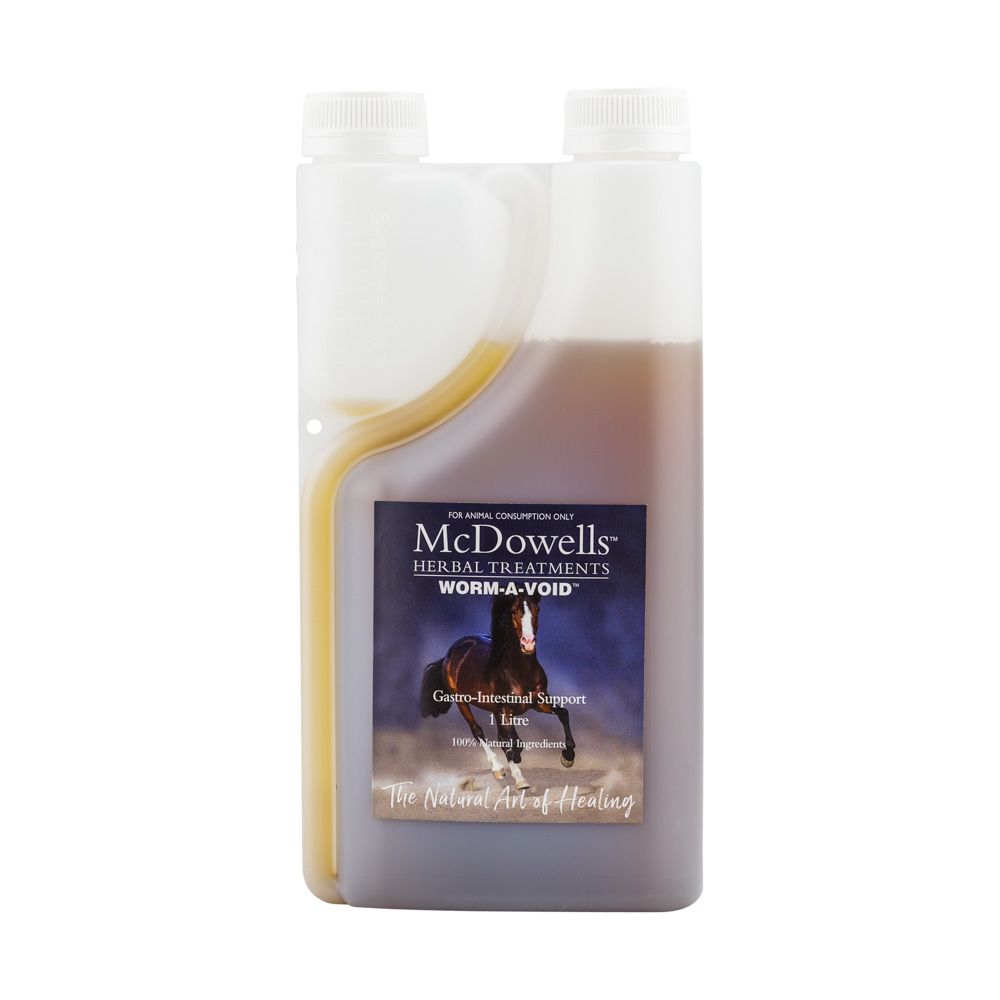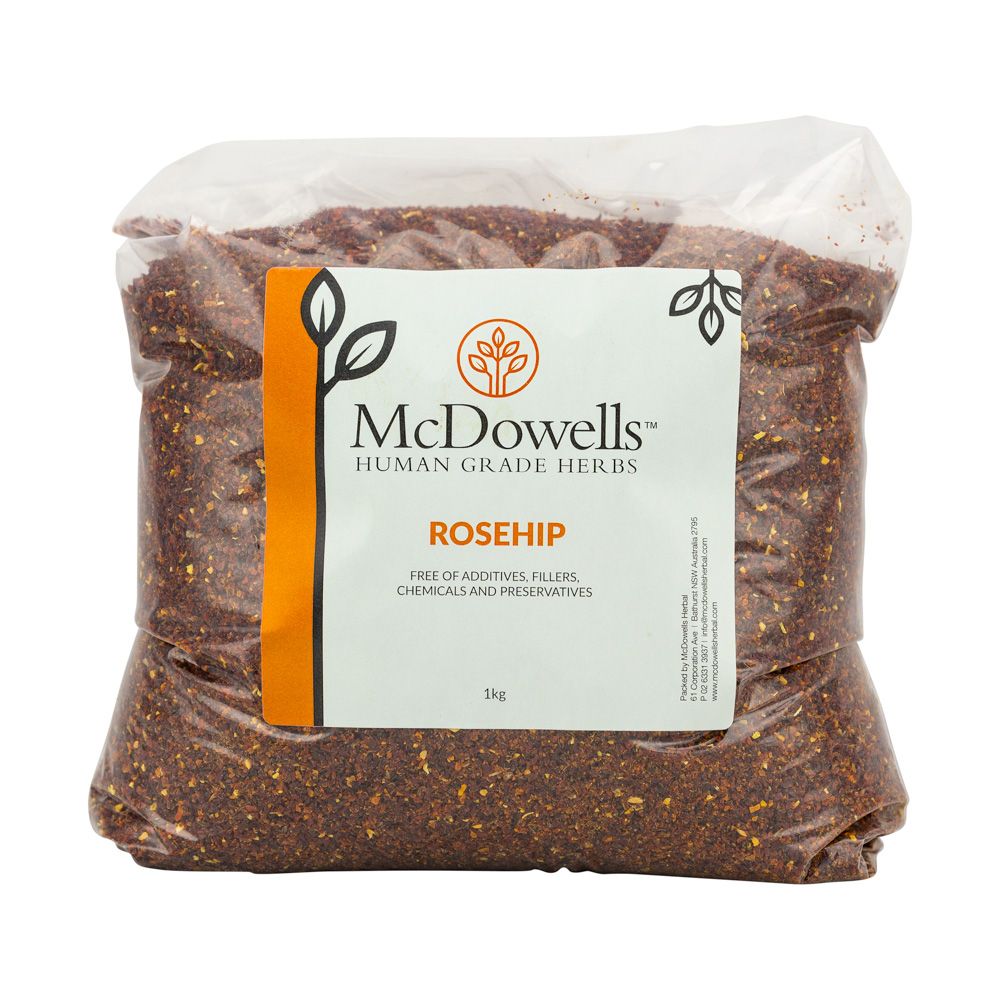The condition of a horse's hair and coat is a telling sign of his general level of health; a dull coat is indicative that a horse is not in it's best physical or mental condition. In itself, the dull coat only says that the vitality is lower than normal due to metabolic imbalance, digestive efficiency or a toxic load.

There are numerous possible underlying factors which can include iron levels, lymphatics, kidney, and/or circulatory inefficiencies or parasitic infestation, for example.
Although there may not be any other obvious symptoms of ill-health, a dull or 'starey' coat is a warning of a metabolic imbalance that should be addressed. Looking into the reasons for your horse's dull coat when you first notice it is the correct preventative approach, rather than waiting for an illness to develop.
Feed your horse for a stunning coat
Show horse owners are always looking for the perfect coat. Even when following a dedicated care regime, a horse's coat can sometimes lack its optimum shine and can be enhanced by using the following herbal 'cocktail'. Quite simply, a combination of herbs and feed works by tuning up the whole metabolism, while at the same time helping to boost the horse's general health and acting as a preventative for any imminent problems. The added bonus, of course, is that you can give a stunning shine to the show-horse's coat without having to resort to the dozens of 'coat-shiners' that are commercially available.
Worming and worm load
A dull coat can be indicative of a worm burden in the horse - so follow a worming program to eliminate this as the possible cause. Herbal worming is best undertaken by introducing Wormwood and Garlic regularly into your horses' diet.
Fresh Wormwood leaves stuffed into a cup of molasses makes a very healthy worming treatment (herbally called a 'bitter tonic'). This works by discouraging worms due to its extremely bitter tatste, and by toning up the gut wall to make the horse's own system more able to deter worms.
Garlic either prepared the same way or fed fresh to the horse will rapidly normalise the gut flora, which could have been damaged by the use of antibiotics or chemical drenches.
Traditional herbal worming protocols utilise bitter and astringent herbs which were assumed to tone up the gut wall and expel worms leaving the gut in better condition to manage its own parasite population. The damage done to the gut and the metabolism as a whole with the routine use of chemical wormers to try to maintain a zero worm load leaves the animal less healthy in the long run than one with a healthy gut and a small natural worm load. Studies are now revealing the importance of maintaining a healthy microbiota – essential to the health of all organisms.
Read more about managing intestinal worms here
A Dash of Common Sense
Other tips in creating and maintaining a healthy, shiny coat are based on the use of common sense.
1. Be very careful and very selective of the shampoo you use to wash your horse, and remember that all shampoo strips natural oils from the skin, so don't wash your horse too often. Any product you intend to use on a horse's skin should be tested on a small area and left overnight to check for any reactions.
2. Swim your horse in salt water where possible.
3. Regular brisk grooming will help bring a healthy shine to the coat. Remember, it's normal for a horse to grow a thicker coat in winter! Many people resort to all sorts of methods to make a competition horse lose a thick coat, however, if you maintain his health at peak levels, then any hair coat grown will be shiny and healthy.
4. Appropriate rugging (not over-rugging) will help to lay the hair down so the coat looks sleek. It the horse gets extremely hairy, and sweating in competition is a concern - then clipping is necessary. Keeping his health at optimum levels will mean that the hair coat growing back will be shiny and healthy in appearance.
5. As part of your general health care routine, add rosehips tea (a wonderful natural source of iron and vitamin C) to your horse's feed daily, as a support for the blood, the liver, the kidneys, the adrenal glands, the circulation and the immune system. Simply add 1/3 of a cup of Rosehips granules to a litre of boiling water, allow it to cool, and then add the tea (grounds and all) to the horse's feed - half in the morning and half in the evening.
Many coat problems are a result of our own interference (over caring) and many of them also are difficult to fix once an abnormal pattern has begun. Basically, there is no better recipe for a gleaming coat that optimum health - and natural herbal products are a readily available, effective alternative to the many topical and internal commercial products on the market.
McDowells Products
Equisite
Equisite provides this healthy condition to your horse's metabolism, and gives a stunning shine to the coat. It is formulated with herbs traditionally known to improve skin, coat and hair condition. This combination of 100% natural plant powders is an excellent addition to your horse’s diet for promoting healthy skin, a glossy coat and long and luxurious mane and tails.




